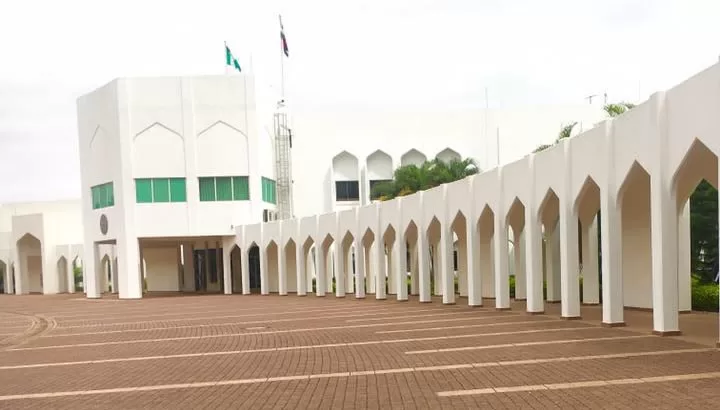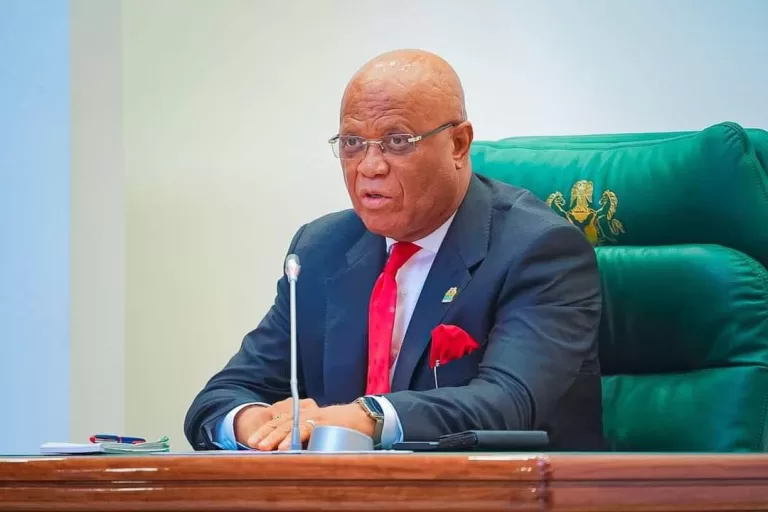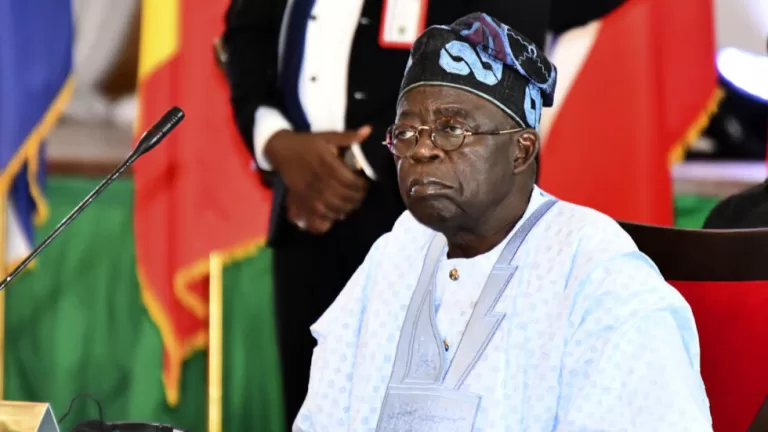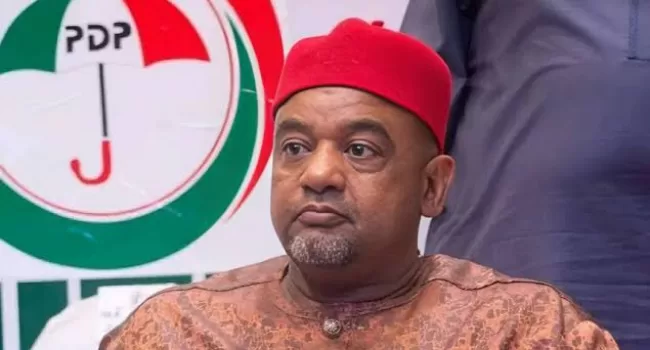
Abuja – The Resource Centre for Human Rights and Civic Education (CHRICED) has condemned the Federal Government’s approval of a ₦10 billion solar power project for Aso Villa, describing the move as tone-deaf and misaligned with the urgent energy needs of ordinary Nigerians.
In a strongly worded statement issued Thursday, CHRICED Executive Director, Dr. Zikirullahi Ibrahim, questioned the government’s priorities, highlighting the stark contrast between elite-level energy spending and the widespread lack of electricity access across rural and underserved communities.
“Despite numerous campaign promises during the 2023 elections to expand rural electrification and promote off-grid renewable energy solutions, very little progress has been made,” Ibrahim said.
“Yet, a ₦10 billion budget has now been approved for a 40-megawatt solar project exclusively for Aso Villa — a move that raises serious concerns about the fairness and inclusivity of Nigeria’s energy policy.”
Dr. Ibrahim further pointed out that the 2025 federal budget also earmarks ₦311.09 million for electricity bills and an additional ₦1.99 billion for diesel to power generators at the presidential residence — expenses that appear contradictory in light of the government’s stated commitment to renewable energy and sustainability.
CHRICED argued that these figures are emblematic of a governance model that prioritizes political elites while neglecting millions of Nigerians who rely on expensive, unreliable alternatives for their daily power needs.
“At a time when the national grid struggles to deliver even 4,000 megawatts of power — well below the 6,000 MW target — diverting resources to a high-profile solar project at the seat of power sends the wrong message,” the group stated.
The civil society organization called for a more transparent, people-centered energy strategy that channels investment into rural electrification and decentralized renewable systems, particularly for communities without access to the national grid.
“True energy justice means investing in people, not palaces,” Ibrahim said. “Expanding off-grid solutions would not only empower neglected communities but also reduce the load on the national grid, freeing up power for critical sectors and industries.”
CHRICED urged the Federal Government to reassess its energy priorities and uphold its electoral promises by ensuring equitable access to electricity across all regions — not just within the corridors of power.





